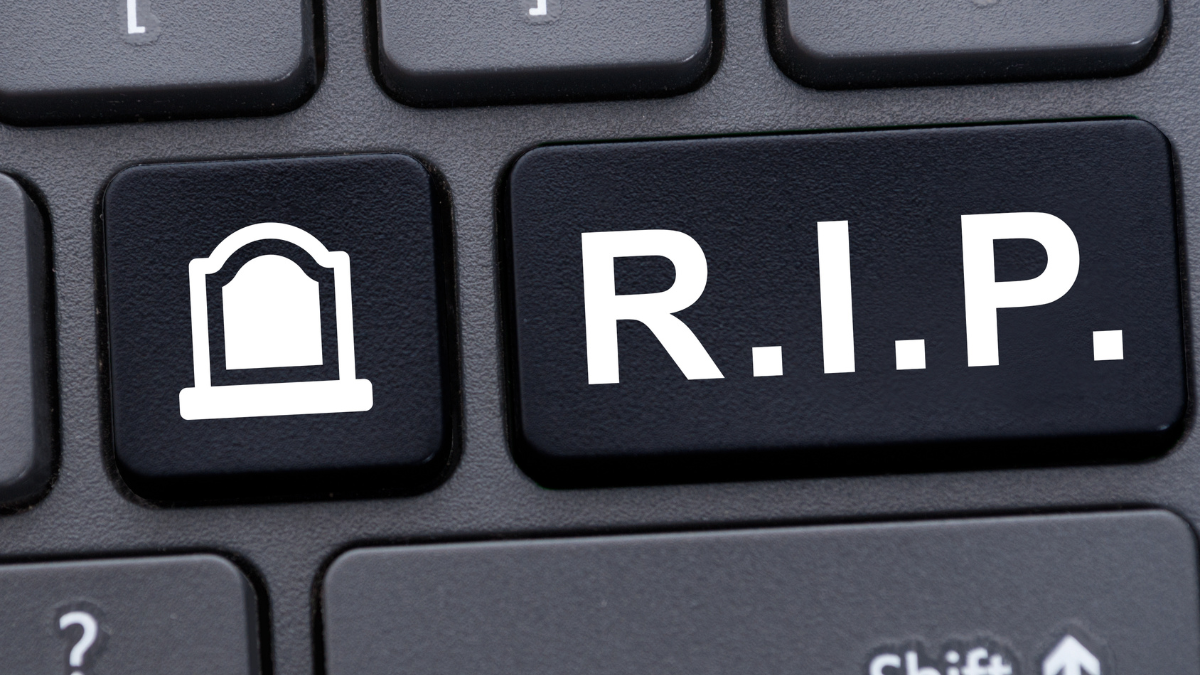What would happen to your email archives, social profiles, and online accounts if you died?
Our online presence has become an integral part of our lives in the digital age. From email archives to social media profiles and various online accounts, we leave behind a substantial digital footprint. But have you ever wondered what would happen to all these digital assets if you were to pass away? Understanding the fate of your online presence after death can help you take steps to manage your digital legacy responsibly.
Email Archives
Your email account often serves as the hub for other online activities, containing sensitive information, personal correspondences, and access to various services. Different email providers have distinct policies regarding deceased users:
- Gmail: Google allows trusted individuals to request access to a deceased person’s account. However, access is not guaranteed and is subject to a thorough verification process. Users can also use Google’s Inactive Account Manager to pre-designate what happens to their account if it becomes inactive for a specified period.
- Outlook: Microsoft’s Outlook also has a process for next of kin to request access. The company requires documentation, such as a death certificate and proof of relationship, to release data.
- Yahoo: Yahoo’s terms of service explicitly state that accounts are non-transferable and all rights to the account terminate upon death. Yahoo accounts and their contents are typically inaccessible after the user’s death.
Social Media Profiles
Social media platforms have become modern-day diaries, reflecting our thoughts, experiences, and memories. Different platforms offer varying options for managing accounts posthumously:
- Facebook: Facebook allows users to designate a “legacy contact” to manage their account after passing away. Alternatively, the account can be memorialized, providing a place for friends and family to share memories. Memorialized accounts have “Remembering” next to the person’s name and are protected from login attempts.
- Instagram: Similar to Facebook, Instagram allows accounts to be memorialized. However, unlike Facebook, there is no option for a legacy contact. Memorialized accounts on Instagram also remain visible but can’t be logged into.
- Twitter: Twitter has a process for deactivating the accounts of deceased users. Verified family members or estate representatives can submit a request to have the account removed, accompanied by necessary documentation.
- LinkedIn: LinkedIn provides a process for reporting a deceased member’s profile. After verification, LinkedIn will remove the profile to prevent any posthumous activity.
Online Accounts and Digital Assets
Beyond email and social media, other online accounts like subscriptions, cloud storage, and financial services also need consideration:
- Subscription Services: Services like Netflix, Spotify, or online newspapers typically do not have posthumous policies and continue billing until the payment method fails. It’s important to share subscription information with a trusted individual who can cancel these accounts when necessary.
- Cloud Storage: Services like Google Drive, Dropbox, or iCloud hold significant amounts of data. Each provider has policies for deceased users, often requiring legal documentation to release data. Pre-planning by designating trusted contacts can ease this process.
- Financial Accounts: Digital wallets and online banking services usually have specific protocols to handle accounts after death. Institutions require legal proof of death and the executor’s authority to manage or close accounts. Planning with digital estate services can simplify this transition.
Managing Your Digital Legacy
Given the complexities involved, it’s wise to take proactive steps to manage your digital legacy:
- Create a Digital Will: Outline your wishes for your online presence, including who should access your accounts and how they should be managed.
- Use Digital Legacy Tools: Many major platforms offer tools to manage inactive accounts or designate legacy contacts. Utilize these features to set clear instructions.
- Keep a Secure Record: Maintain an updated list of your digital assets and login credentials in a secure location. Share this information with a trusted individual or use a digital estate planning service.
- Communicate Your Wishes: Ensure that your next of kin or designated executor knows your digital legacy plan and has the legal authority to execute your wishes.
While our digital lives can seem ephemeral, they leave a lasting imprint. By understanding and planning for the fate of your email archives, social profiles, and online accounts, you can ensure that your digital legacy is managed according to your wishes, providing peace of mind for you and your loved ones.



